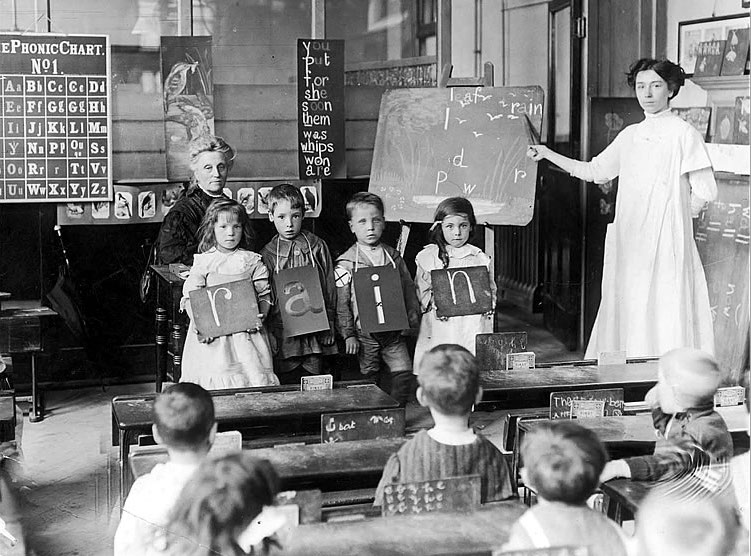I’ve always assumed there’s been a connection between my lack of musical ability and difficulty learning foreign languages–I just don’t have the ear for it. Joshua Foer, who is obsessed with memory, claims to not be very good at languages, either. Yet he was able to converse in an obscure tongue after a very short course of study thanks to a particular method of mnemonics. From his new article in the Guardian:
“I have never been particularly good with languages. Despite a dozen years of Hebrew school and a lifetime of praying in the language, I’m ashamed to admit that I still can’t read an Israeli newspaper. Besides English, the only language I speak with any degree of fluency is Spanish, and that came only after five years of intense classroom study and more than half a dozen trips to Latin America. Still, I was determined to master Lingala before leaving for the Congo. And I had just under two and a half months to do it. When I asked Ed if he thought it would be possible to learn an entire language in such a minuscule amount of time using Memrise, his response was matter-of-fact: ‘It’ll be a cinch.’
Memrise takes advantage of a couple of basic, well-established principles. The first is what’s known as elaborative encoding. The more context and meaning you can attach to a piece of information, the likelier it is that you’ll be able to fish it out of your memory at some point in the future. And the more effort you put into creating the memory, the more durable it will be. One of the best ways to elaborate a memory is to try visually to imagine it in your mind’s eye. If you can link the sound of a word to a picture representing its meaning, it’ll be far more memorable than simply learning the word by rote.” (Thanks Browser.)
Tags: Joshua Foer

